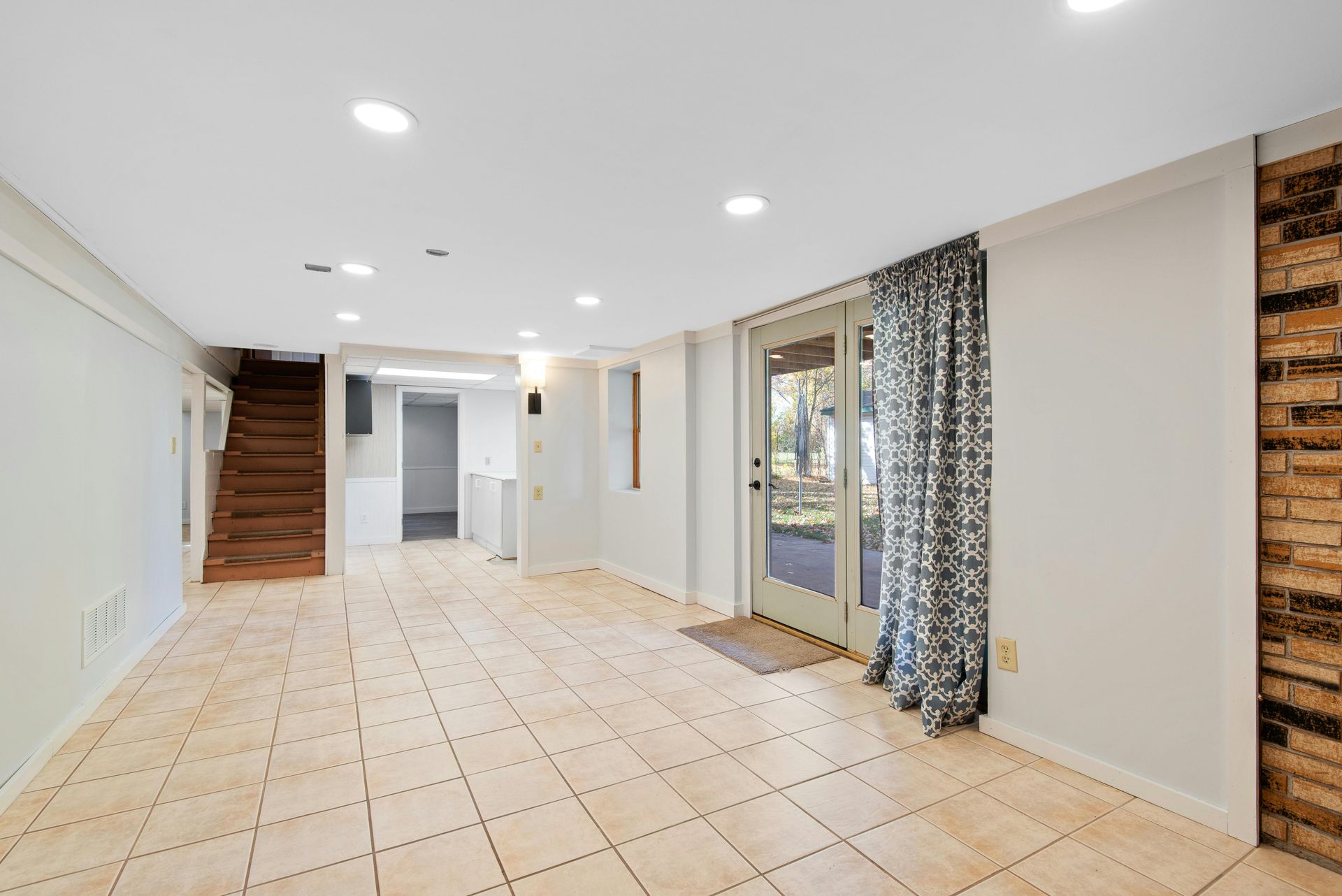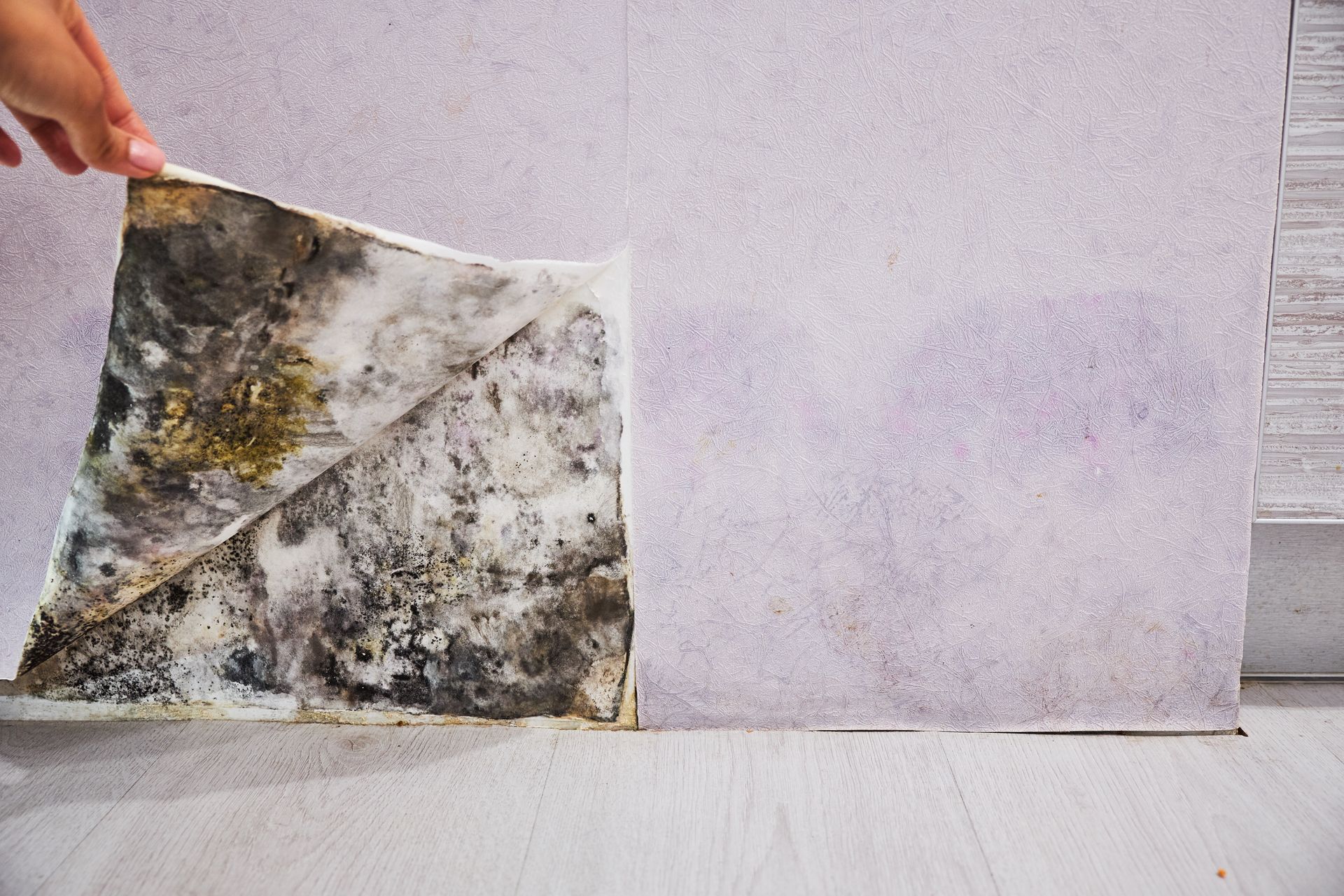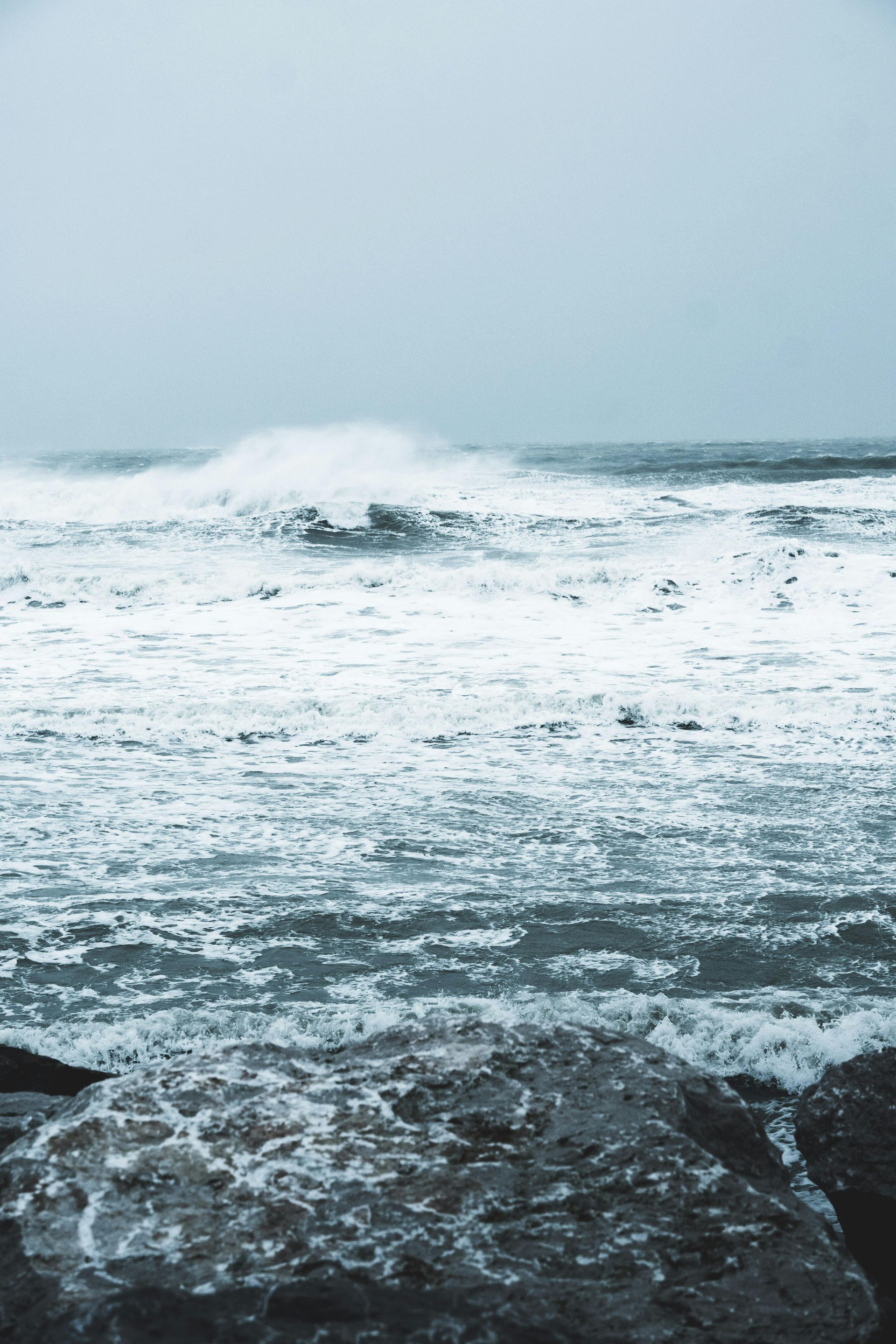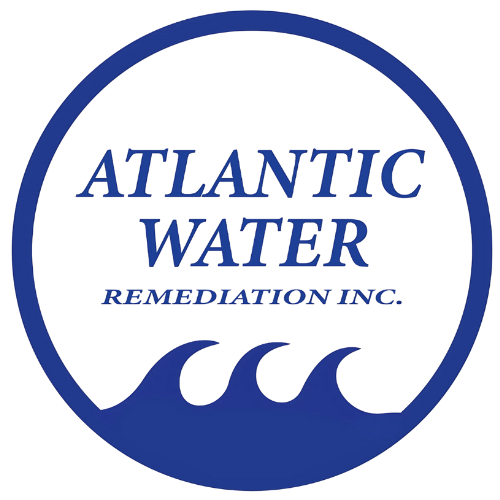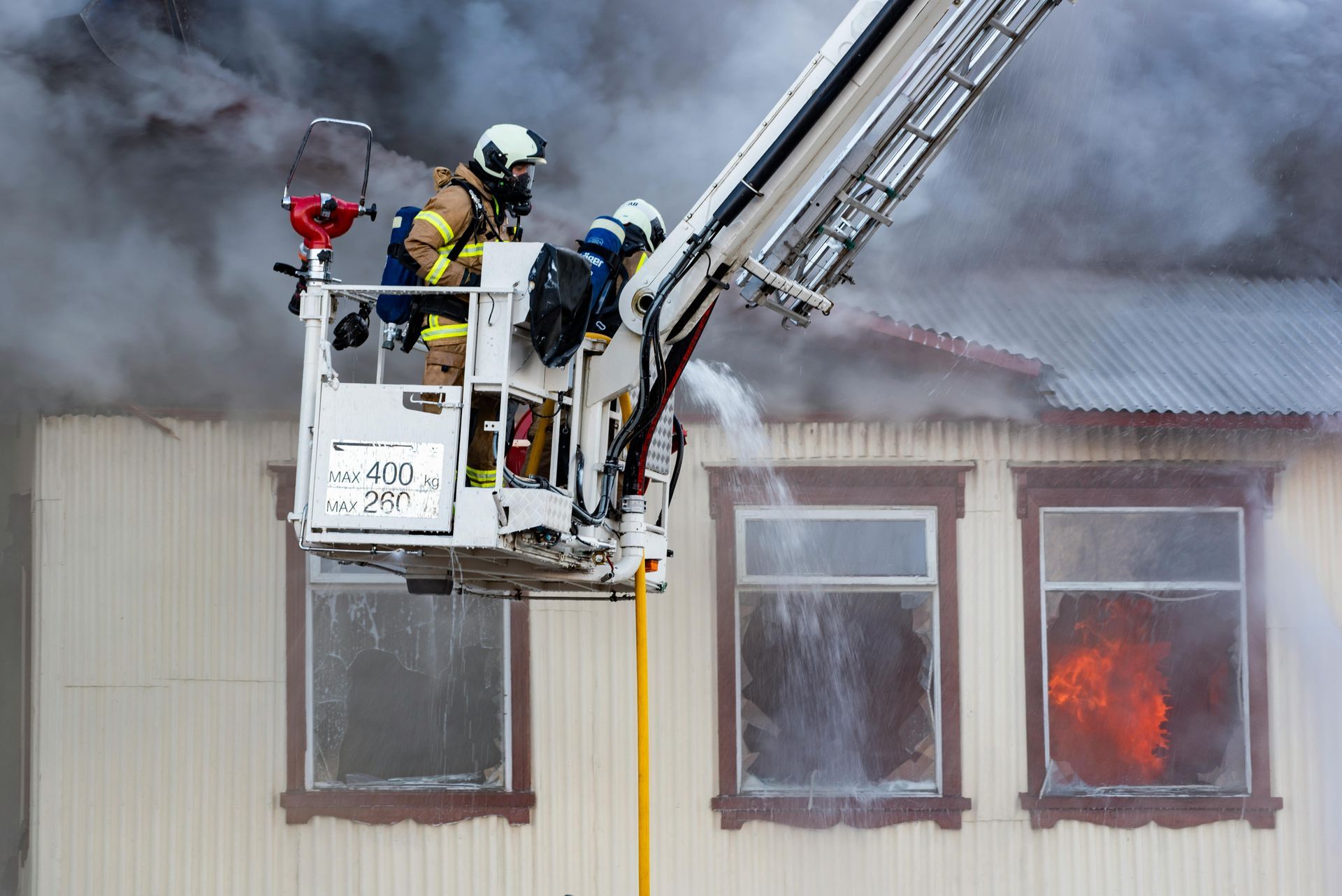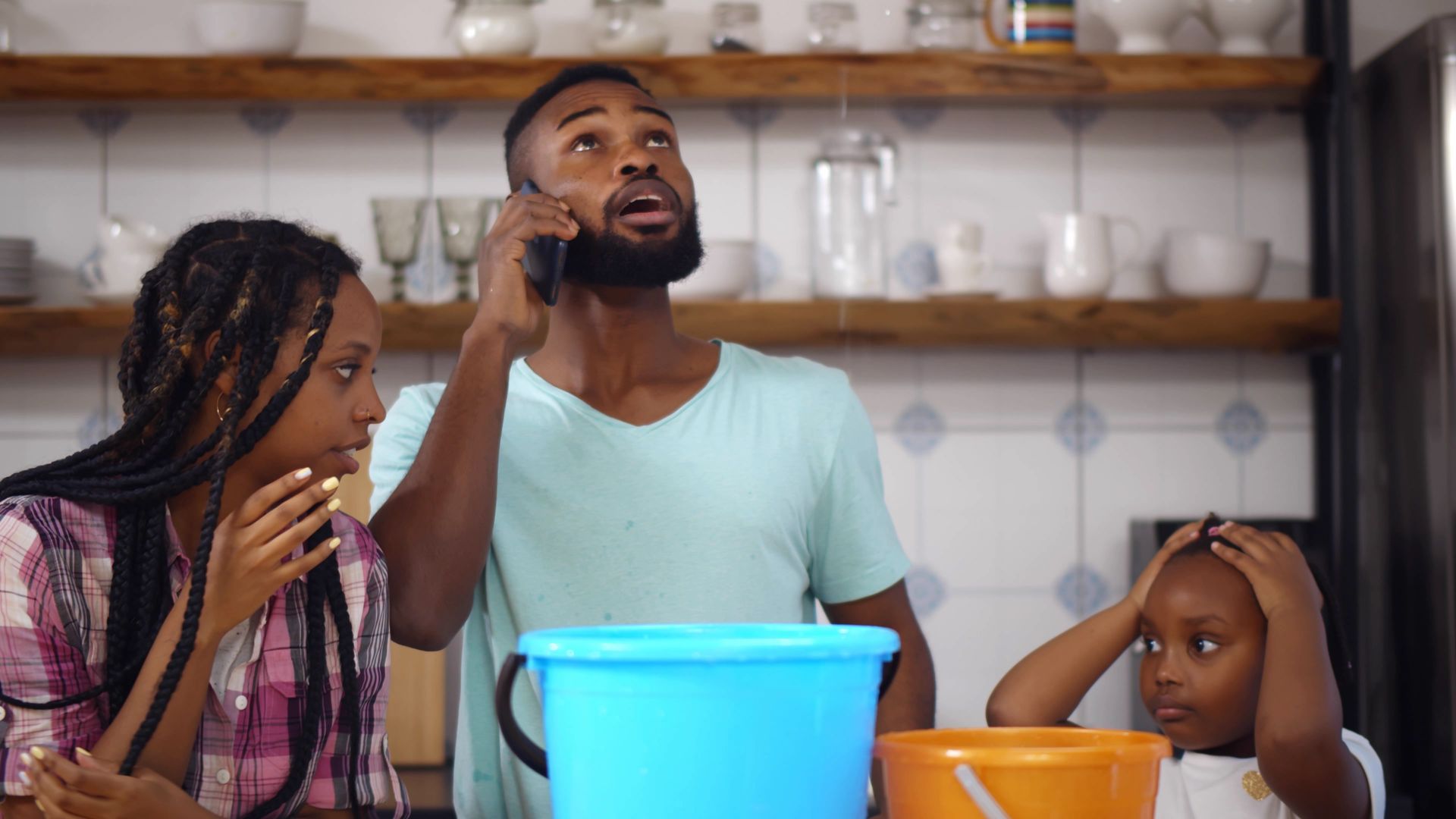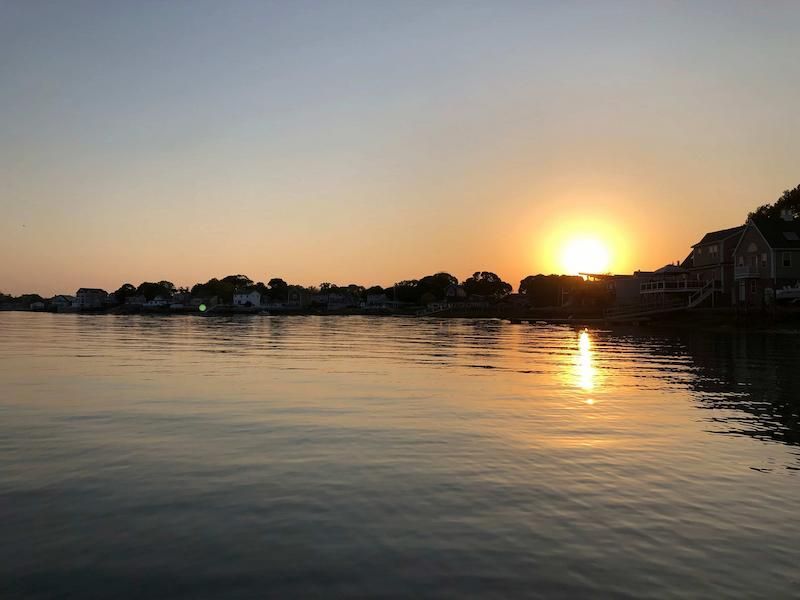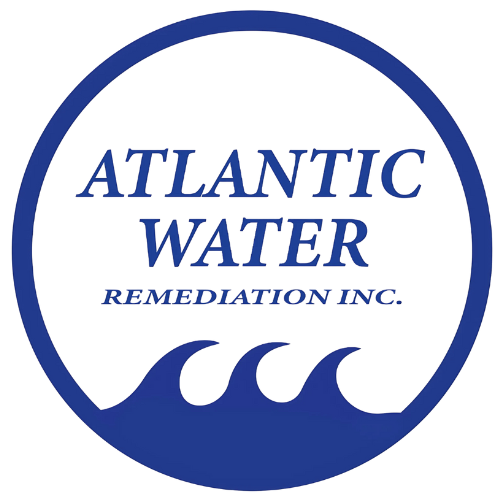What to Do When a Pipe Bursts in Your House
Few things cause a person to panic quite like hearing water gushing from somewhere in a wall in your house. While burst pipes are certainly more common during our cold winters in Quincy & Weymouth, they can just happen because of an aging home in need of repairs at any time of the year.
No matter where you are, damage from a burst pipe can escalate quickly. Knowing what to do in those first few critical minutes can make the difference between a manageable mess and a costly disaster requiring major water damage restoration. We help homeowners across the South Shore deal with these kinds of emergencies, and the biggest takeaway is this: quick thinking matters. Here’s how to act fast, minimize damage, and get your home on the quickest path to recovery.
Step 1: Shut Off the Water Supply
When you hear gushing water, your first move should be to stop the flow of water into your home. Most homes have a main shut-off valve in the basement or where the water line enters the house. If you don’t know where yours is, now is the time to find out! Turning off the water can immediately slow the damage, giving you valuable time before calling in professional help. Our caveat to turning off the water would be *AS LONG AS IT IS SAFE TO DO SO*. Don’t go into a flooded basement with electrical wires potentially risking your safety! If there’s an electrical concern, turn off the electricity FIRST, then return to Step 1 and turn off the water supply!
Step 2: Turn Off the Electricity (ONLY If It’s Safe)
Water and electricity don’t mix. If water is even remotely close to your outlets, appliances, or wiring, shut off the power in the affected area if it’s safe to do so. If the basement or other flooded space feels unsafe, stay out until a professional can evaluate the situation. If you have an electrical safety concern involving water, your first call should be to National Grid or your local utility service provider so that they can offer emergency service, or shut down your electricity from the outside of your home. Their emergency lines are:
National Grid MA emergency line: 1-800-465-1212
Eversource MA electric emergency: 1-800-592-2000
Step 3: Drain and Relieve Pressure
This is a step that is often forgotten, but can continue to add to the damage that a broken pipe can cause. After you have shut down the water to your home, make sure to flush your toilets and open all of the faucets to relieve any remaining water pressure from the system. This lets out any remaining water in the pipes and can prevent further leaks while you wait for repairs.
Step 4: Document the Damage for Insurance
Before you start cleanup, grab your phone and take photos or videos of everything. Insurance companies will want proof of damage, and proper documentation will help speed up your claim. One of the most common reasons that insurance claims get denied is because of insufficient documentation. The NAIC has some great tips on creating a home inventory, as well as documenting your property condition before disaster strikes because it makes it easier to recognize what was damaged, as well as how extensive the damage is.
Step 5: Begin Cleanup and Drying
Mop up standing water and remove soaked rugs or belongings to prevent further damage. A Shop-Vac, if you have one, is your best friend! (Borrow one from a neighbor!!) The longer that water and moisture sits, the more likely it is to grow mold. Depending on conditions, mold can potentially grow within 24-48 hours of water exposure, so the sooner you start drying, the better! Fans, dehumidifiers, and open windows (if weather allows) can help, but large-scale flooding often requires professional equipment and expertise. While many homeowners have the best intentions, the equipment that people often have in their home just isn’t enough to get the area dried out in an expedited fashion. That’s where having a water remediation specialist comes in - commercial equipment and experience can go a long way in preventing costly damage.
Step 6: Call a Professional for Flood Damage Cleanup
While we’d love to tell you “You can do this all yourself!” it unfortunately is just not the case. It’s easy to have water or moisture still remaining behind a wall that you will have no way of knowing is there unless you have the right tools. Left alone, moisture like this can lead to a big mold problem. Additionally, the equipment that a flood cleanup company will have will be commercial-sized, allowing for rapid drying of an area where a regular house-sized dehumidifier just isn’t going to do the trick. An attempt at DIY drying of an area often results in a half-dry area days later with mold starting to grow. Addressed properly and promptly, damage is minimized and so are your expenses!
Prevention Tips for the Future
Burst pipes are often preventable. Here are a few simple precautions that you can take during the upcoming cold months here in Massachusetts:
- Insulate pipes in unheated areas like basements, garages, or crawlspaces. If they can’t be insulated, make sure that your basement stays above 55 degrees Fahrenheit to prevent pipes from freezing particularly when the temperature drops overnight.
- Let faucets drip during extreme cold snaps to keep water moving (especially overnight!)
- Keep your thermostat consistent - even at night or when you’re away.
- Have your home evaluated for older piping that may be at risk of breaking, and perform routine checks if you have an older home.
- Going out of town? Shut off the water to your washing machine! These pipes can cause leaks that can do major damage over a long weekend, and it's an easy step to take towards preventing major leaks that go unnoticed for days, particularly in the winter!
Local Help Matters
Atlantic Water Remediation is proud to serve homeowners and businesses across the South Shore. From emergency flood damage cleanup to full-service water remediation, we know how stressful these situations can be.
Make sure to check out our Service Area if you’re wondering if we work in your area! And if you’re wondering particularly about Sewage Cleanup, we’re happy to answer your questions about handling contaminated water cleanup. If you’ve just experienced a burst pipe, don’t wait - Keep calm, and give us a call. We’re here 24/7 to help you protect your home!
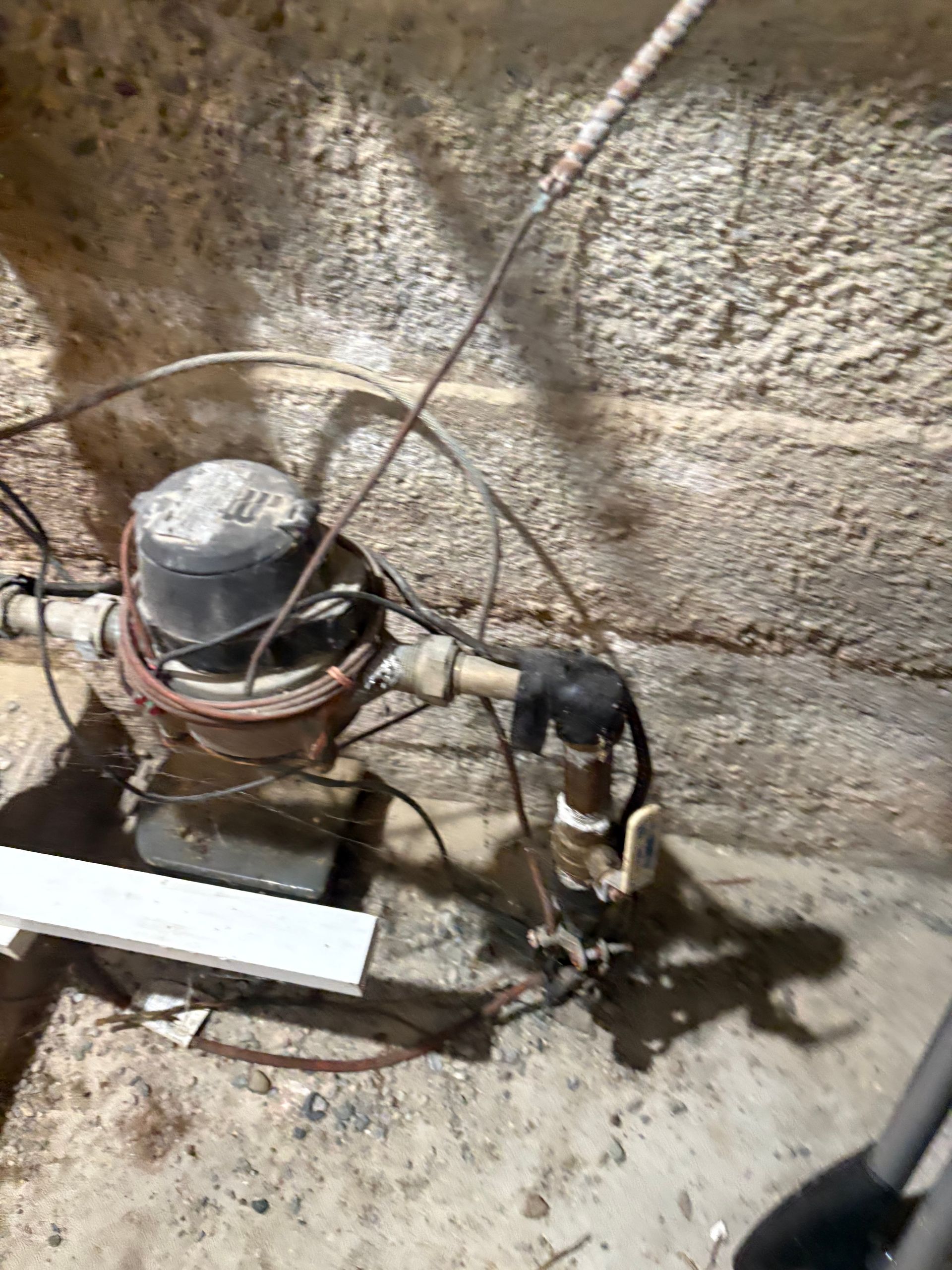
First thing's first if you have a burst pipe: Shut off the water supply to your home.
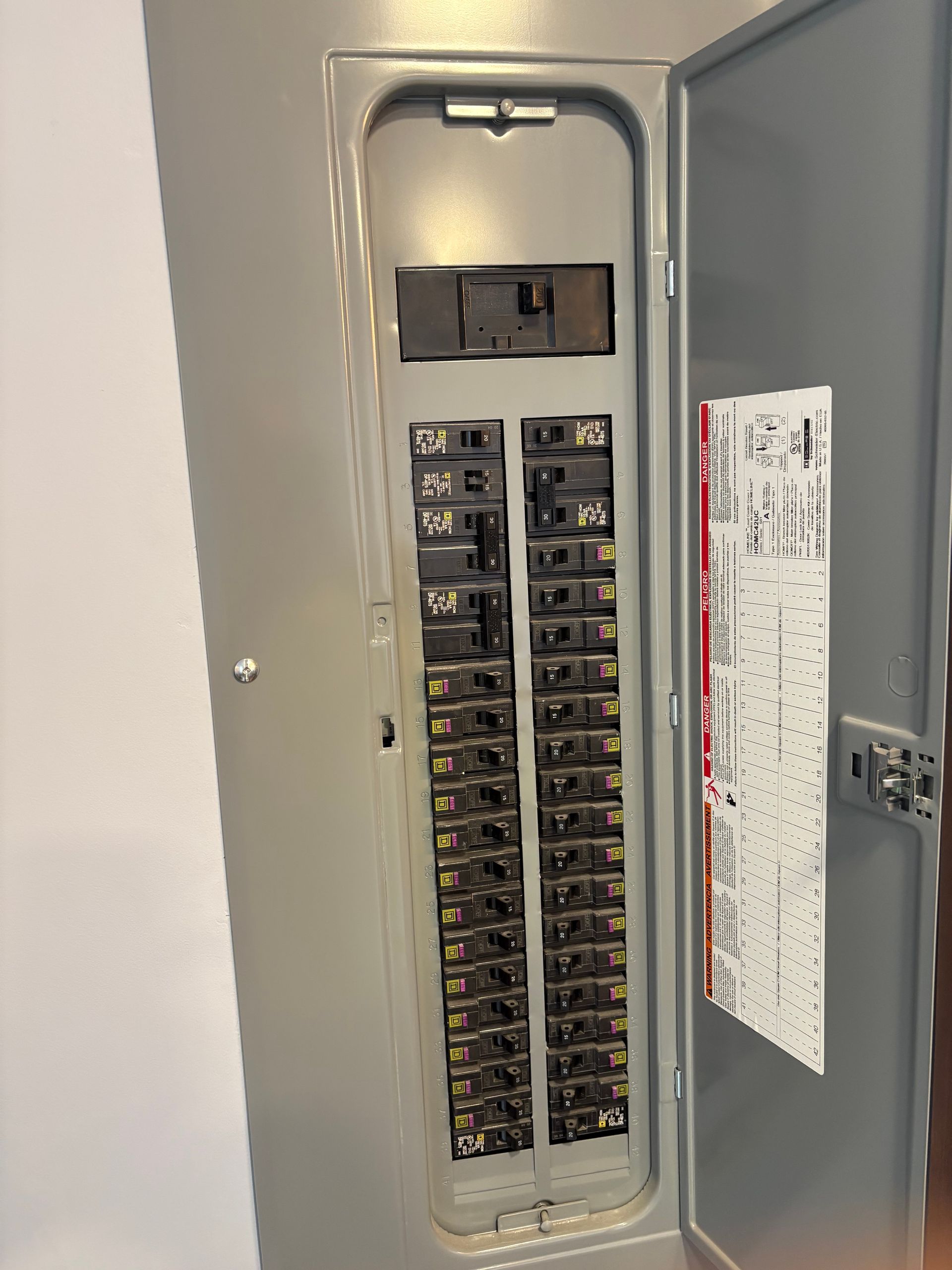
Have a pipe burst in your home? If it's safe, turn off the power!
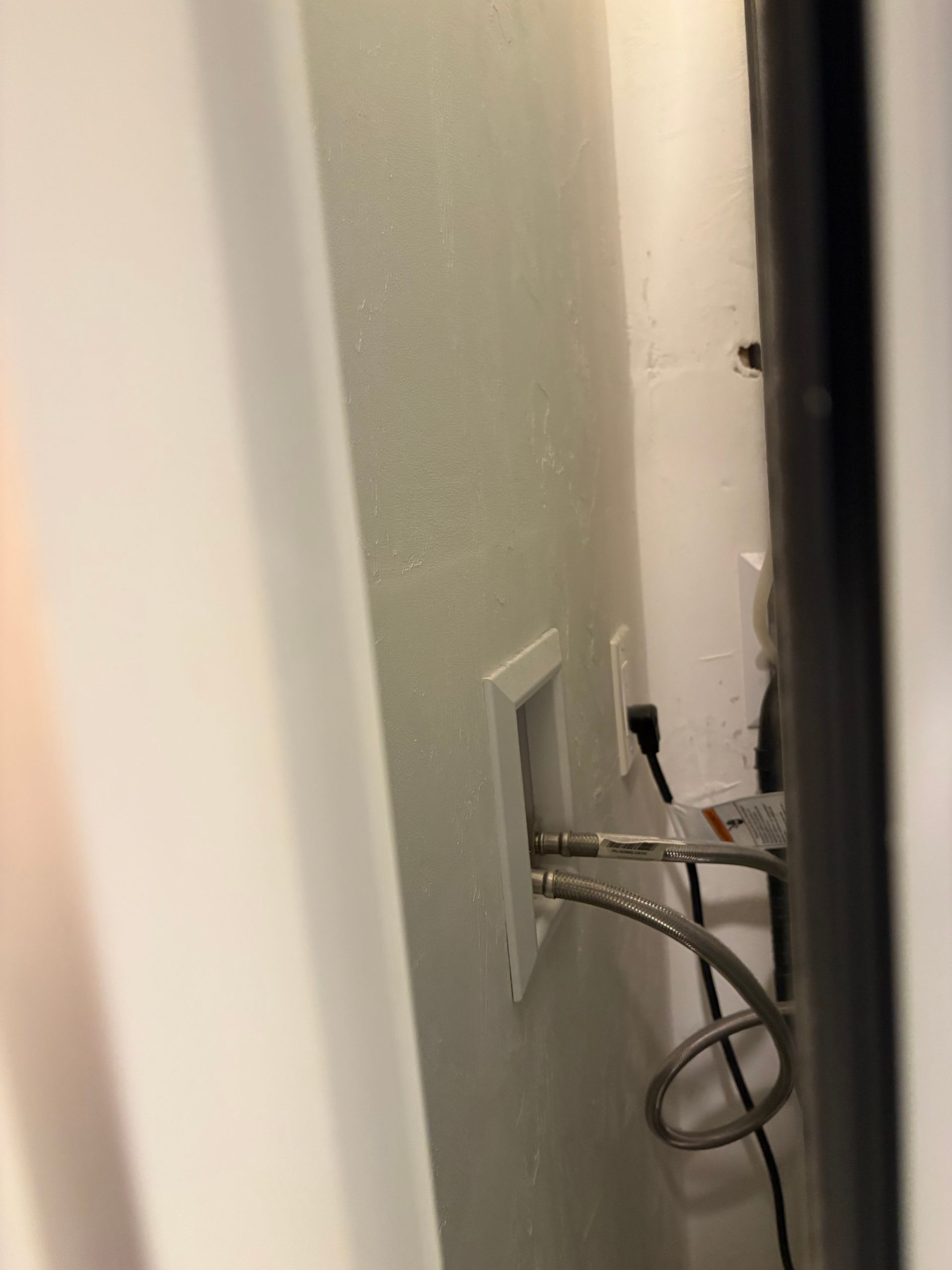
Going out of town? Turn off the water to your washing machine!
